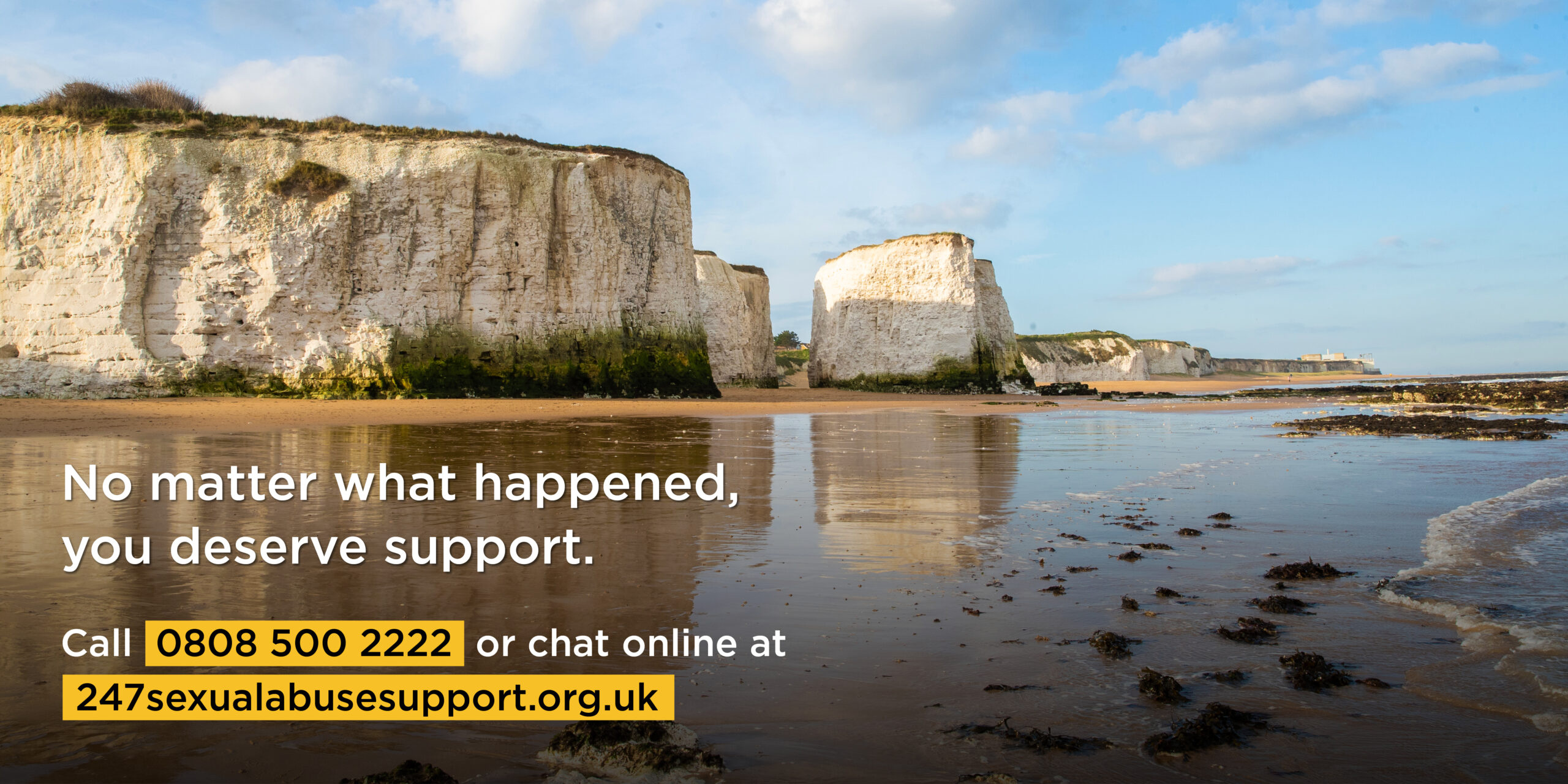Sexual Abuse Support
Whenever it happened to you it is never too late to get support for sexual violence or abuse. A list of helpline services is available here.
If you are in immediate danger, call 999 and ask for the police.
If you are over the age of 16, living in England & Wales, and have been affected by any form of sexual violence or abuse, specialist and confidential support is available 24/7. Call 0808 500 2222 or visit the 24/7 Rape and Sexual Abuse Support Line to chat online or find out more.
If you can’t find the information you’re looking for or would like support as a victim of another type of crime, contact Victim Support’s 24/7 Support line on 08 08 16 89 111 or live chat.
If you need to exit this page quickly, use ‘Quick exit this page’ to go to the Google homepage. These links appear throughout the site.
Sexual violence or sexual abuse are ways of describing any unwanted sexual act or activity.
It does not matter who commits it, where or when it happened, it is never okay, and no one ever deserves for it to happen.
If you have experienced sexual violence or abuse there is confidential and independent support available to help you.



